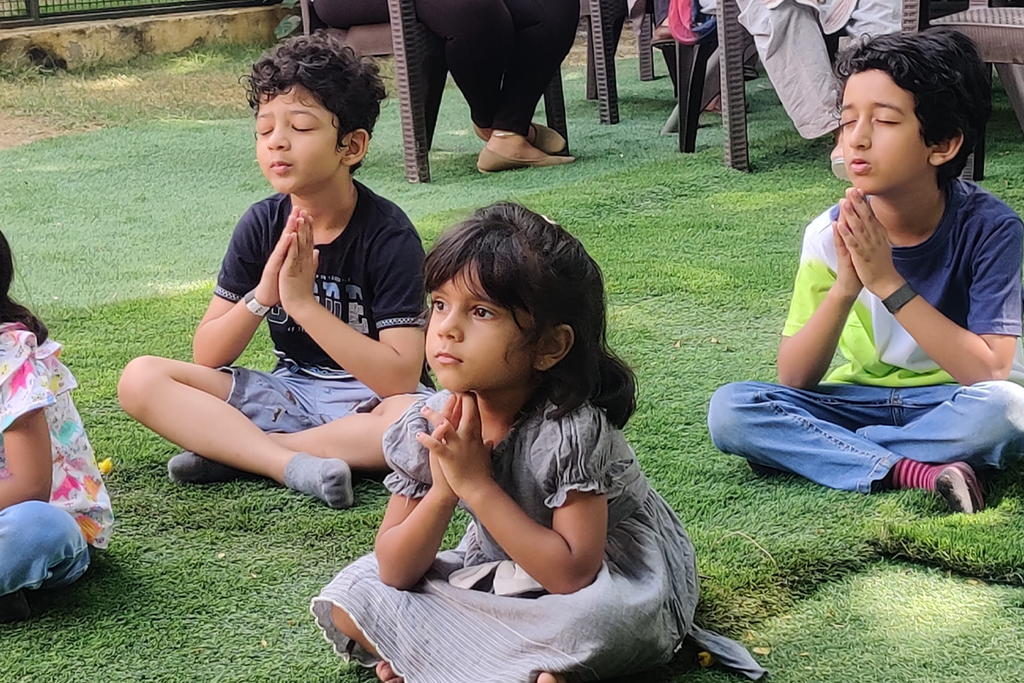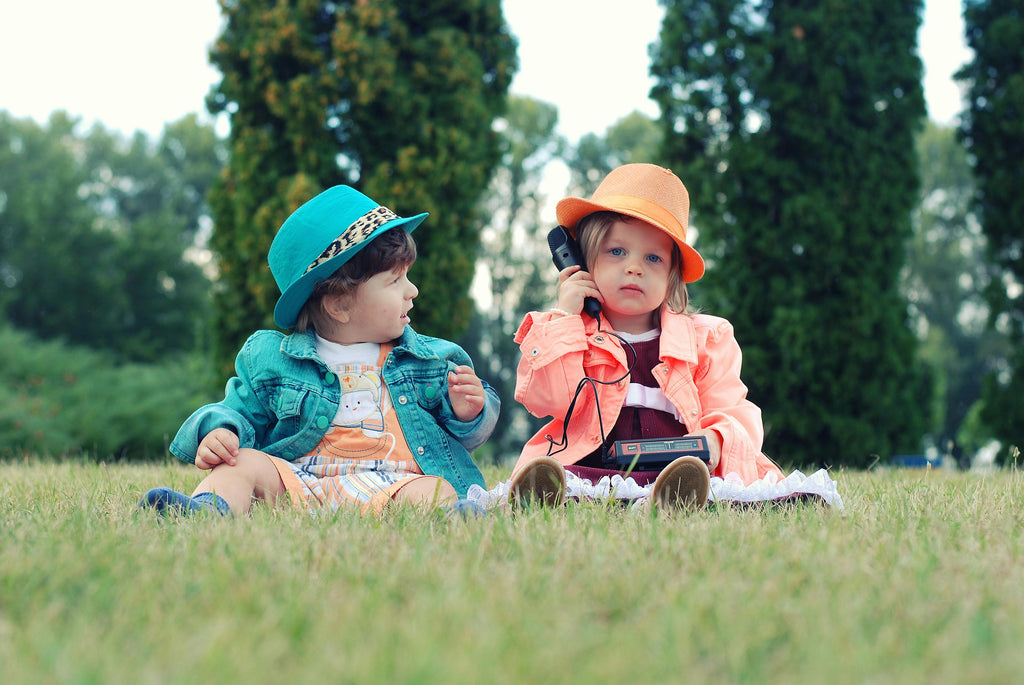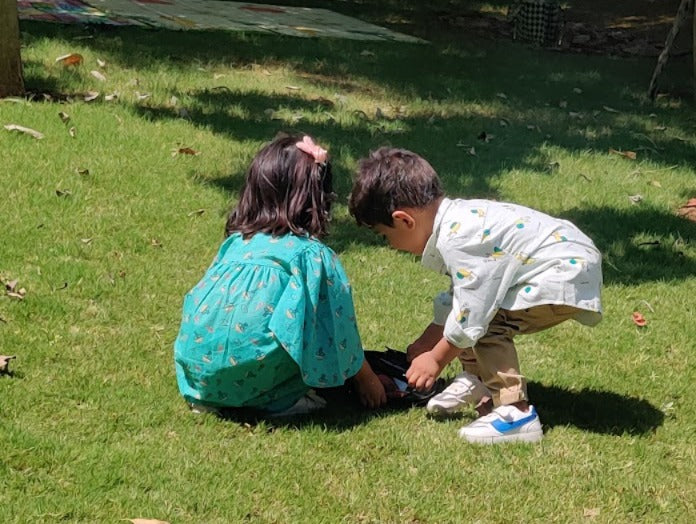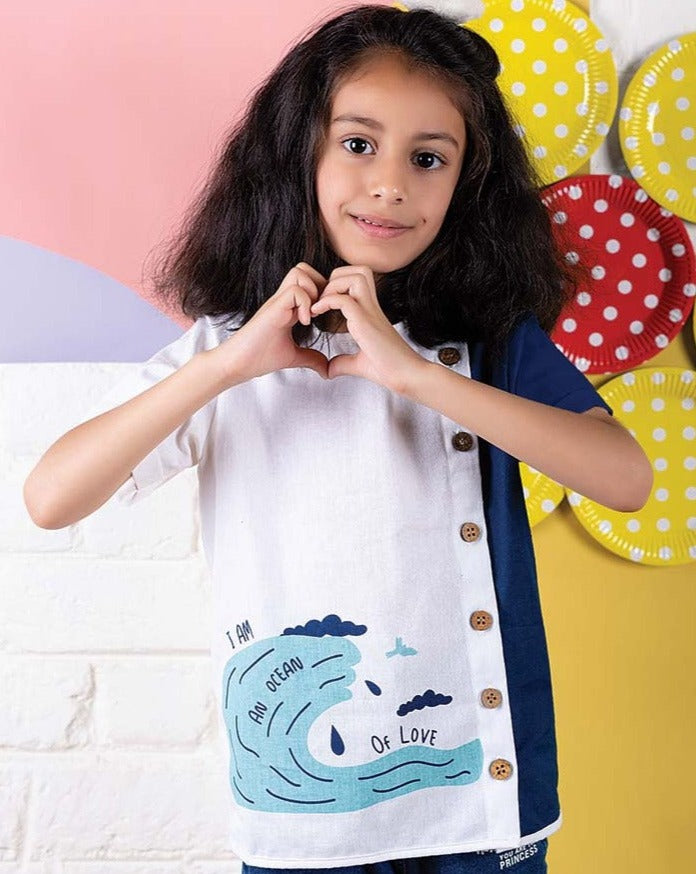
Life skills you should teach your kids

Learning isn't only about memorizing spellings and time tables. There is a lot going on outside the classroom, and you should spend some time teaching your child practical life skills at home.
As a parent, you must instil certain life skills in your children, such as social, interpersonal coordination, problem-solving, and creative skills. A child who is well-versed in these skills may be able to make decisions, handle challenges on a daily basis, and handle situations more effectively when there is no elder present. Building life skills is a life-long process but should begin in childhood.

Check out this post to find out which life skills your children need to develop and how important it is to teach them these skills.
Emotional Intelligence (EQ) Skills
This is one of the most important life skills - children need to be able to handle their emotions. The ability to make rational decisions without being influenced by feelings is a sign of emotional intelligence. They are able to resolve conflicts non-violently, respect the opinions of others, and build healthy relationships.
You can instill emotional intelligence in kids by acknowledging their feelings. Colour your emotions co-ord set from See Sow offers a fun and creative way for the kids to identify their feelings and express themselves freely.
Taking on Challenges
It is important to develop resilience in life so that children are able to take on challenges, bounce back from failure, and keep trying. You can help children learn to take on challenges by creating an an environment that has the right amount of structure-not too much so that it limits them, but just enough to make them feel secure. Allow your children to take reasonable risks, such as climbing a tree or riding a bike.
Focus and Self-Control
Children thrive on schedules, habits, and routines because they provide a sense of security, as well as help them learn self-control and focus. Discuss your child's daily routine with him or her. Organize your home so that your child knows where to put shoes, coats, and personal items. The world we live in is noisy, distraction-filled, so quiet activities like reading a book, enjoying sensory activities, or completing a puzzle together can help your child slow down and increase focus. Labyrinth Unisex co-ord set - an interactive garment can harness child’s focus and instil the virtue of patience
Critical Thinking Skills
It involves thinking clearly, rationally, and understanding the links between different ideas. Critical thinking enables children to think independently and reason critically. By actively questioning ideas and assumptions, they become active learners. Equipped with this life skill, children are capable of solving problems independently and making logical judgments. Open-ended play is a great way to develop critical thinking skills. Make sure your child has time to play with friends or alone each day.
Communicating Clearly
Children need high-touch personal interaction every day to develop healthy social-emotional skills, such as understanding and communicating with others. The speed at which children develop these skills may vary, but they must learn how to read social cues and listen carefully. They must think about what they want to communicate and how to communicate it most effectively. The ability to build these skills can be developed just by talking to an interested adult. Your child deserves a chance to be heard and responded to without distractions every day.

Your child is more predictable than you think—and every stage of their development, including meltdowns, is an opportunity to strengthen their skills. Life skills allow children to realize their true potential and improve their self-esteem by making them feel more independent. Adapting and learning them will also make it easier for them to make informed decisions in society and to live harmoniously with others.













